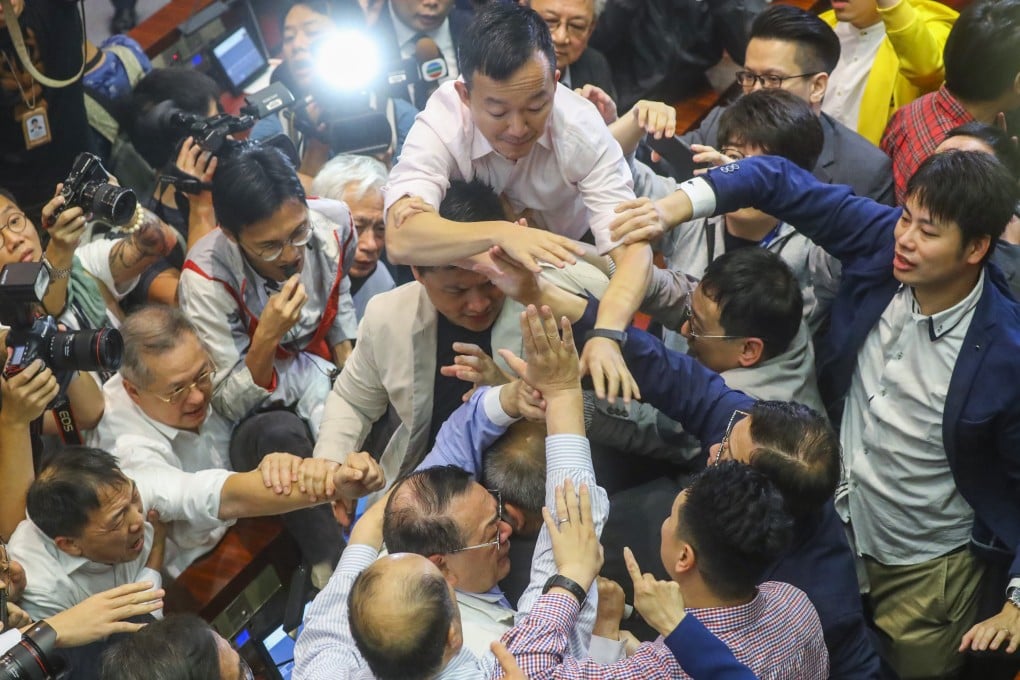Opinion | What to expect from elections for Hong Kong’s reformed legislature
- Understandably, Beijing lost patience with lawmakers’ antics that left Legco unable to function, but the pendulum on political reform has swung too far
- Order will be restored in the short term, but killing hope for the future is not good for long-term stability

A number of interesting questions arise when looking ahead to the Legislative Council elections in December. The answers will determine the stance of the different parties as they plan their participation.
The number of directly elected seats to be filled by universal suffrage will be reduced from 35 to 20; instead of five large constituencies each returning many members under the proportional representation system, there will be 10 constituencies each returning two members.
The elimination of the five most representative functional constituencies, plus other changes to the composition of various groups, is likely to reinforce the traditional conservative bias in this category of seats. It would not be surprising if the conservative camp won more than 20 of them.

